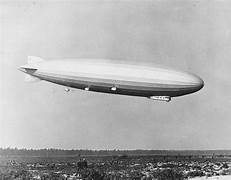On August 29, 1983, the United States faced a significant turning point in public health as the human immunodeficiency virus (HIV) and acquired immunodeficiency syndrome (AIDS) epidemic began to gain widespread attention. The discovery and recognition of this devastating disease had a profound impact on the nation, leading to increased awareness, research, and public health efforts to combat the epidemic.
In the early 1980s, a mysterious illness began to emerge, primarily affecting gay men and intravenous drug users. Initially referred to as gay-related immune deficiency (GRID), this illness was characterized by a weakened immune system, leaving individuals vulnerable to various opportunistic infections and cancers. It wasn't until 1983 that the virus responsible for this disease was identified and named HIV.
The recognition of HIV/AIDS as a public health crisis was met with fear, confusion, and discrimination. Misinformation and stigma surrounding the disease led to widespread panic and social ostracization of those affected. The lack of understanding and awareness about the modes of transmission contributed to the perpetuation of fear and discrimination against individuals living with HIV/AIDS.
The discovery of HIV/AIDS prompted a swift response from the scientific and medical communities. Researchers began to study the virus, its transmission, and potential treatment options. Public health organizations, such as the Centers for Disease Control and Prevention (CDC), intensified their efforts to educate the public about the disease and promote safe behaviors to prevent its spread.
The 1980s witnessed a significant increase in advocacy and activism around HIV/AIDS. Organizations such as ACT UP (AIDS Coalition to Unleash Power) emerged, demanding increased funding for research, access to affordable treatment, and an end to discrimination against those living with the disease. Activists played a crucial role in raising awareness, challenging societal norms, and pushing for policy changes to address the epidemic.
The impact of HIV/AIDS on marginalized communities, particularly gay men and people of color, highlighted existing social and health disparities. The epidemic exposed deep-rooted societal issues, including homophobia and racism, leading to calls for greater equity in healthcare and support for affected communities.






